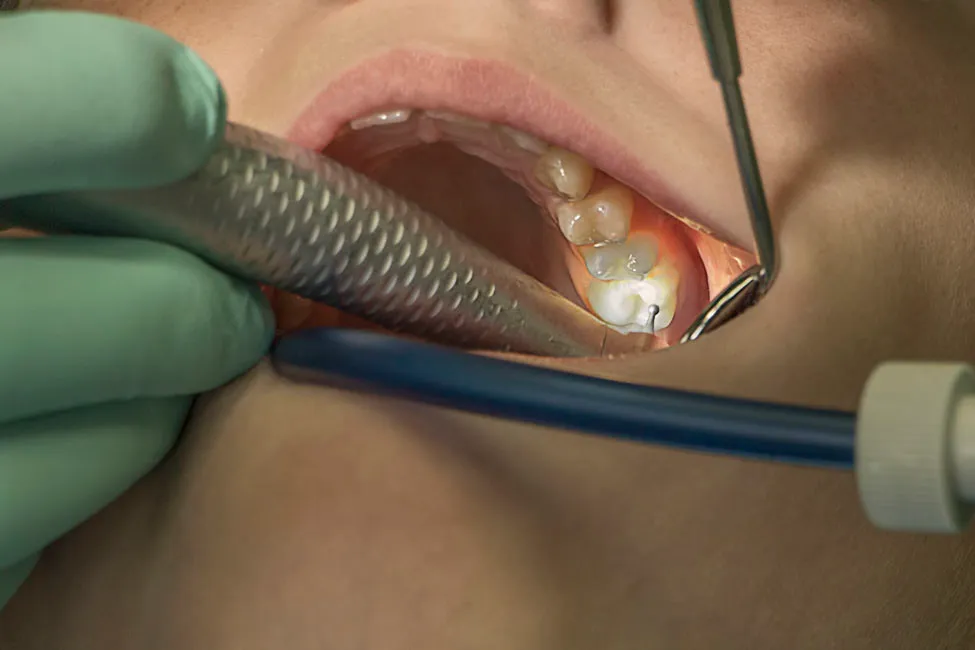
Struggling with snoring and sleeplessness? We can help! Snoring and sleep disturbances are often signs of obstructive sleep apnea, and your oral health could be to blame.
“Patients may not realize that dentists can often diagnose sleep disorders early to prevent more serious problems later.” says Dr. Jackson, DDS.
The National Sleep Foundation estimates that 18 million Americans have sleep apnea. The condition causes repeated breathing interruptions throughout the night; the pauses can last from a few seconds to minutes and may occur 30 or more times per hour. These pauses happen because the muscles in the back of the throat are flaccid, the tongue is too large, or the jaw is too small, causing airway obstructions.
What are the signs of Sleep Apnea?
Most often tooth grinding (also called bruxism) is the first sign. Dentists look for worn tooth surfaces. Grinding can cause tooth wear, breakage and grooves on the side of the teeth as well as inflamed and receding gums. Sometimes an increase in the number of cavities is also be a sign because the force damages teeth, making them susceptible to cavity-causing bacteria.
Dr. Jackson explains, “When you wake up and notice tenseness in your jaw, it’s because your brain received a message to wake up so you can take a breath.”
Other oral health signs of sleep apnea include: a small jaw, tongue with scalloped edges, or redness in the throat (caused by snoring a lot).
Therefore, when you wake up repeatedly, your sleep quality is affected and you feel fatigued. This in turn is linked to a higher risk of high blood pressure, heart disease, diabetes, and obesity.
At our practice, when we see a patient that we believe may have sleep apnea, we will often recommend a sleep study. Is a night guard enough?
How do I know if I have sleep apnea? Chronic snoring is the most common sign of sleep apnea. Other symptoms include daytime drowsiness, waking up with a dry mouth, or sore throat and morning headaches. If you have any of these symptoms, we can help. Call Marcia to book an appointment with us and we would be happy to evaluate.
 2775 Bishop Suite C, Willoughby Hills, OH 44092
2775 Bishop Suite C, Willoughby Hills, OH 44092 440-944-7775
440-944-7775